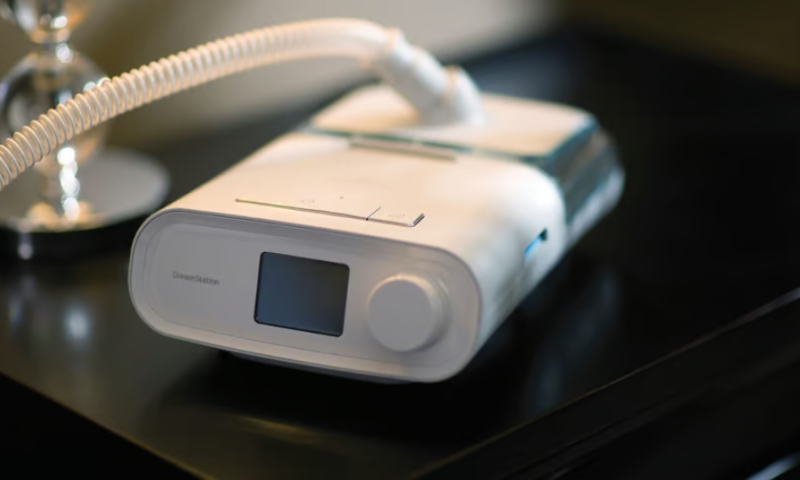In a classic “two steps forward, one step back” situation, just as Philips is aiming to wrap up the repair-and-replace program for the 5.5 million respiratory devices it began recalling two years ago, the company has had to double back and re-recall a slew of the already repaired machines.
One such safety event earlier this year concerned more than 21,000 ventilators that may still contain remnants of the disintegrating polyester-based polyurethane foam that kick-started the original recall. Now, Philips is recalling another 1,200 reworked CPAP and BiPAP devices that it says may fail to deliver the correct respiratory therapy—or any treatment at all.
In a safety notice published Friday, the FDA gave the recall a Class I rating, the agency’s most serious.
Philips began the latest recall in early February. It spans a total of 1,233 DreamStation sleep therapy devices that were sold between the end of December 2021 and October 2022, almost all of which were distributed in the U.S.
DreamStation machines are able to provide both continuous and bi-level positive airway pressure therapy, and they can be used both in hospital settings and in a patient’s own home.
According to the recall notice, Philips has found that some of the DreamStation machines reworked in the wake of the original June 2021 recall may have been assigned incorrect or duplicate serial numbers when they were being reprogrammed.
In those cases, the machines may not communicate correctly with Philips’ accompanying care management software, affecting the process of downloading a patient’s prescribed therapy settings to their device.
Incorrectly programmed devices may therefore provide incorrect therapy regimens that don’t align with the individual user’s prescribed settings, or they might not deliver any therapy at all. The machines won’t issue any warning or other indication that they’re not working in accordance with their prescribed settings, but incorrect therapies could result in respiratory failure, heart failure, serious injury or death, per the FDA.
To date, Philips has received 43 complaints related to the issue, none of which contain reports of injuries or death.
In a statement sent to Fierce Medtech, Philips noted that the affected DreamStation devices may still be used as the company works its way through replacing and returning them. So far, it has already shipped out more than half of the needed replacement devices, according to the statement.
The company also added that the recall doesn’t affect Philips’ ongoing efforts to repair and replace all of the CPAP and BiPAP machines and other ventilators included in the initial 2021 recall. In its most recent update regarding those efforts, dated Jan. 25, the Dutch devicemaker said it had produced 90% of the needed replacement devices and repair kits, and shipped out nearly 2.5 million of them in the U.S. alone.
Of that further-reaching recall, the company said in Friday’s statement, “We regret the concern that this field safety notice for specific sleep therapy and ventilator devices have caused for patients and care providers. Following the substantial ramp-up of capacity, Philips Respironics has now produced the replacement devices and repair kits required for the remediation of the registered affected sleep therapy devices globally.”

